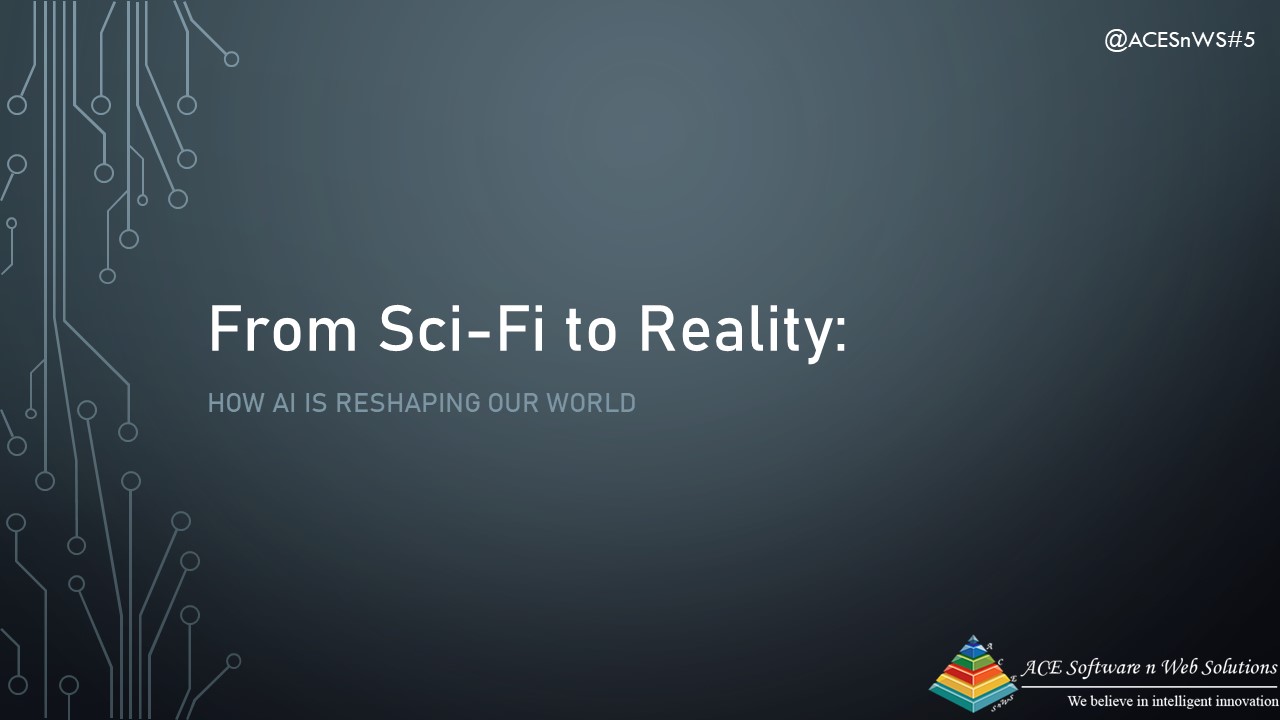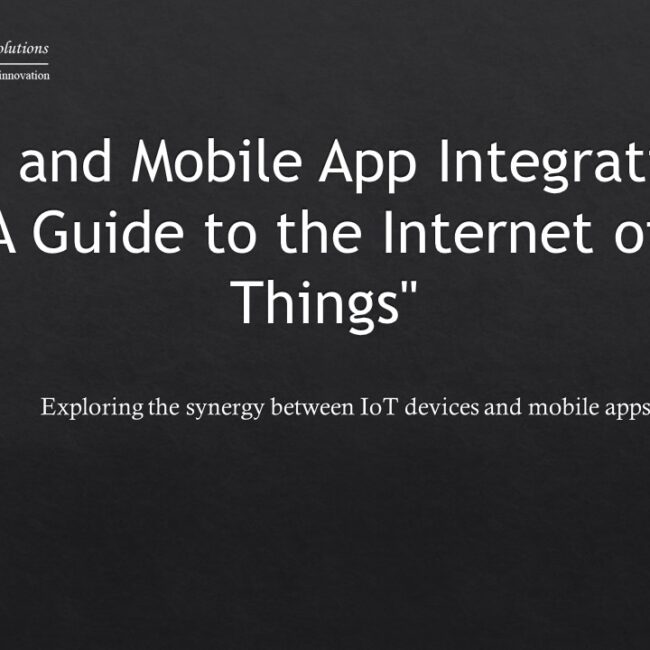
From Sci-Fi to Reality: How AI Is Reshaping Our World
AI in Reality
Science fiction has long envisioned a world where machines can think and act like humans. While we’re not living in a science fiction movie, the impact of Artificial Intelligence (AI) on our world is nothing short of transformative. In this blog, we’ll explore how AI is no longer just a futuristic dream but a tangible force reshaping our reality.
The AI Revolution
AI: A Brief Overview
Artificial Intelligence, often referred to as AI, is a broad field of computer science that focuses on creating machines capable of intelligent behavior. This intelligence encompasses tasks such as learning, reasoning, problem-solving, perception, and language understanding.
The Journey from Sci-Fi to Reality
The concept of AI has been a staple in science fiction literature and films for decades, from Isaac Asimov’s robots to sentient computers like HAL 9000 in “2001: A Space Odyssey.” But what was once fiction is now part of our everyday lives.
AI in Everyday Life
Voice Assistants and Smart Speakers
The likes of Siri, Alexa, and Google Assistant have become our virtual personal assistants, answering questions, setting reminders, and controlling smart devices in our homes.
Recommendation Systems
The recommendation algorithms on streaming platforms, such as Netflix and Spotify, use AI to understand our preferences and suggest content that we’re likely to enjoy.
Natural Language Processing (NLP)
AI-powered language models, such as GPT-3, can generate human-like text, leading to better chatbots, automated content creation, and language translation.
Image and Facial Recognition
AI is used for image recognition in applications like Facebook’s auto-tagging feature and for facial recognition in smartphone unlocking and security systems.
AI in Healthcare
Diagnosis and Disease Detection
AI algorithms can analyze medical images like X-rays and MRIs, often with a level of accuracy that rivals or surpasses human experts. They are used for early detection of diseases.
Drug Discovery
AI accelerates drug discovery by predicting how potential compounds interact with biological systems, significantly reducing development time.
Personalized Medicine
AI helps create personalized treatment plans by analyzing patient data, genetic information, and health records.
Predictive Analytics
AI predicts patient outcomes, allowing healthcare providers to take preventative measures and provide targeted care.
AI in Transportation
Autonomous Vehicles
Self-driving cars are no longer a fantasy. AI-driven vehicles are navigating roads, promising safer and more efficient transportation.
Traffic Management
AI helps optimize traffic flow, reduce congestion, and improve public transportation systems.
AI and the Workplace
Automation and Robotics
AI-driven robots are handling tasks from manufacturing to warehouse management, reducing manual labor and enhancing efficiency.
Customer Support
Chatbots and virtual assistants provide automated customer support, improving response times and freeing up human agents for more complex issues.
The Ethical and Societal Implications
The rapid adoption of AI technologies comes with ethical and societal considerations:
- Privacy Concerns: The collection and use of personal data for AI applications raise privacy issues.
- Bias and Fairness: AI algorithms can inherit biases from training data, leading to concerns about discrimination.
- Employment Impact: The automation of jobs by AI can displace workers and reshape labor markets.
The Future of AI
The future holds immense potential for AI:
- Healthcare Advancements: AI could lead to better disease prevention and personalized medicine.
- Education: AI-powered tools can revolutionize learning by providing personalized educational experiences.
- Sustainability: AI is being used to address environmental challenges, from predicting climate changes to optimizing resource use.
Conclusion
AI has transitioned from the realm of science fiction to a tangible force transforming our world. Its impact is felt in nearly every aspect of our lives, from how we consume entertainment to how we receive healthcare and navigate our cities. As AI technology continues to advance, it will be increasingly intertwined with our daily experiences.
The challenge now is to harness the power of AI while navigating its ethical and societal implications. In doing so, we can ensure that the future shaped by AI is not only convenient but also responsible and inclusive.
Stay tuned for more updates on the ever-evolving landscape of technology and the AI-driven future that awaits us.


